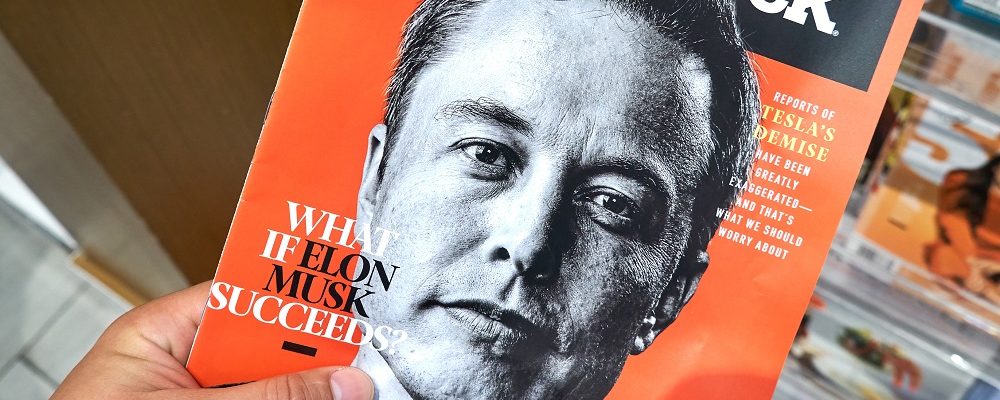Another year, another fresh controversy around Tesla CEO Elon Musk. On this occasion, critics have rounded on the message contained in a companywide memo he issued on 18 January. [1]
In his update, Musk cites the carmaker’s ambition to create cleaner energy sources as a means of justifying staff cuts of 7% - equivalent to around 3,000 jobs – writing: “Looking ahead at our mission of accelerating the advent of sustainable transport and energy, which is important for all life on Earth, we face an extremely difficult challenge: making our cars, batteries and solar products cost-competitive with fossil fuels.
“While we have made great progress, our products are still too expensive for most people. Tesla has only been producing cars for about a decade and we’re up against massive, entrenched competitors. The net effect is that Tesla must work much harder than other manufacturers to survive while building affordable, sustainable products.”
After providing details on the need to make Tesla’s lower-priced, Model 3 variant more affordable in the light of impending US tax-credit cuts , Musk writes: “Sorry for all these numbers, but I want to make sure that you know all the facts and figures and understand that the road ahead is very difficult. This is not new for us – we have always faced significant challenges – but it is the reality we face.”
He adds: “There are many companies that can offer a better work-life balance, because they are larger and more mature or in industries that are not so voraciously competitive. Attempting to build affordable clean energy products at scale necessarily requires extreme effort and relentless creativity, but succeeding in our mission is essential to ensure that the future is good, so we must do everything we can to advance the cause.”
Business commentators have scorned Musk’s approach. Quartz at Work effectively accused him of hijacking higher-purpose rhetoric to emotionally blackmail staff, [2] citing UK research of 2017 which stated: “the active management of meaningful work can be used cynically as a means of enhancing motivation, performance and commitment”. [3]
Similarly, at Inc.com, author and consultant Justin Bariso argued: “While it's likely that Musk truly believes his own rhetoric, what he’s trying to achieve – namely, getting people to buy into the mission of ‘saving the world’ by working themselves to the bone – simply isn’t sustainable.” [4]
What should leaders learn from this?
The Institute of Leadership & Management head of research, policy and standards Kate Cooper says: “There’s significant veracity to the notion that values and purpose are what we, as business leaders, must sell in order to attract the best people to work for us. We are told repeatedly that a strong sense of social responsibility is what the younger generation wants to see in its employers. So each organisation must foreground a purpose that is explicit, accessible and easy to sign up to.”
Cooper points out: “Musk may well be driven by a tangible sense of purpose that he authentically and sincerely believes in. But, as Bariso suggests, you cannot expect staff to go over and above 100% of the time, because that will become the new normal. If you are expecting people to exceed their contracted hours and to routinely exhaust themselves, there’s no escaping the fact that you are being an unfair employer. You are not asking staff to go the extra mile on occasion. You are imposing conditions of work that, at the very least, invite renegotiation in terms of the potential reward, or amendment to ensure fair and reasonable employment practices.”
She adds: “The lesson for leaders here is that yes – at times, it is reasonable to appeal to a higher goal as you ask for a step change in outputs: ‘We’re all in this together, and in order to survive, we need urgently to deliver upon the mandate we have set ourselves, and that our customers expect us to reach.’ What is unreasonable – and this is one of the private sector’s biggest leadership challenges, in terms of it allocates resources – is requiring people to do that every single day for the foreseeable future.
“If your business model is such that you need to employ people beyond the terms of a reasonable contract, then that business model itself is flawed.”
For further insights on the themes raised in this blog, check out the Institute’s resources on social responsibility
Image of Elon Musk on the cover of the 17 August 2018 edition of Newsweek courtesy of dennizn, via Shutterstock

